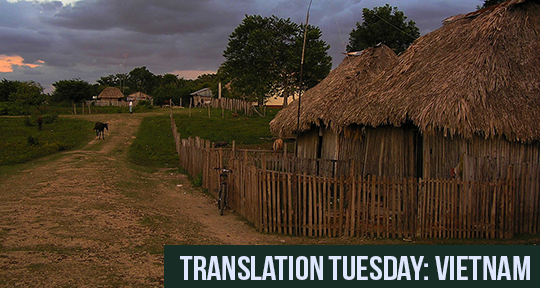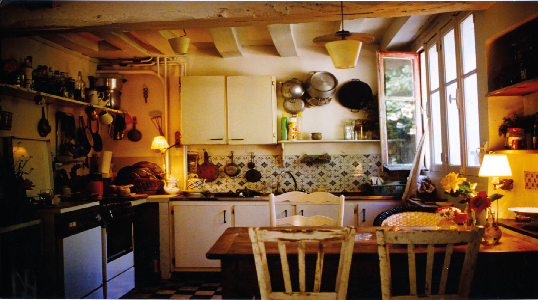Happy New Year, reader! To ring in the ’20s, we are getting personal and sharing our own reading resolutions. From literature engaged with the effects of climate change to classic theological texts, here are the reads we have on the radar for 2020. Maybe our titles overlap with some of yours? If you’re inspired, share your resolutions with us in the comments below.
Xiao Yue Shan, Assistant Blog Editor:
We are becoming ever more impelled by the worst-case scenarios, the ultimate consequences of our carelessness. Climate change is cemented at the pinnacle of every engaged mind, consuming the concerns of those on the forefront of human progress—the writers. December is a month of returns, and a trip across the Pacific on my part meant a reabsorption into the beloved stacks of books left behind by a past self who had endlessly imagined the present. I found in those volumes an incredible vitality—it takes considerably more courage to speculate on the future now, yet in our infinitely ideating language, we can’t help it, we imagine naturally, as we have always done.
Usually my reading directives are predictable, by which I mean they’re somewhat “in accordance” with my being a female Chinese poet—the tendency veers towards a healthy majority of women writers, plenty of Chinese literature, and as much poetry as possible. As we approach the new decade, however, I’ve turned my attention to literature more specifically in dialogue with our planet. In Amitav Ghosh’s beautifully urgent book-length essay, The Great Derangement, he convincingly argues for an overhaul of the fiction genre so that it may better address and reflect upon our contemporary precarity. Though the best of our stories are inevitably engaged with our environment, I found Ghosh’s take riveting in its insistence that we continue to build and invent language that is ever more precise, alert, and curious. READ MORE…












